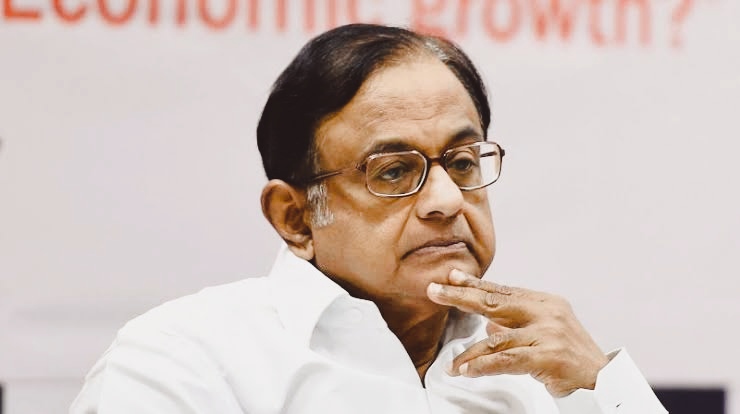Billionaire entrepreneur Elon Musk, known for his ventures like Tesla and SpaceX, finds himself in the eye of a storm as advertisers abandon his social media platform, X, amidst allegations of antisemitic content. The saga began with a tweet on November 15, where Musk endorsed a post containing anti-Jewish sentiments. In a subsequent interview, Musk admitted this might be one of his worst messages, acknowledging that he had “handed a loaded gun” to his detractors.
The controversy took a turn when Musk, in a New York Times DealBook Summit interview, opened with a surprising moment of contrition, uttering a rare “I’m sorry” for his association with the contentious tweet. The tweet in question supported a user’s claim that Jewish individuals were fostering hatred against white people, specifically endorsing the “Great Replacement” conspiracy theory. This theory asserts that Jewish people and leftists are orchestrating the replacement of white populations with non-white immigrants, leading to what is referred to as “white genocide.”
Musk faced immediate criticism, not just from the public but also from the White House, which condemned his post as an “abhorrent promotion of antisemitic and racist hate.” This condemnation triggered a chain reaction, with major U.S. companies like Walt Disney, Warner Bros Discovery, and NBCUniversal parent Comcast swiftly suspending their advertisements on X.
Unfazed by the fallout, Musk lashed out at the departing advertisers, delivering a profanity-laced message, telling them in no uncertain terms to “go f*** yourself.” He dismissed any insinuation of antisemitism on his part and asserted that advertisers should not believe they could blackmail him. At one point, he directed his words towards Robert Iger, CEO of Walt Disney, which had pulled its ads from X.
The situation escalated as liberal watchdog group Media Matters claimed to have found ads adjacent to posts supporting Nazism on X. In response, X filed a lawsuit against Media Matters for defamation. Musk’s journey through this controversy led him to Israel, where he toured the site of Hamas’ assault on October 7. In a live-streamed conversation with Israeli Prime Minister Benjamin Netanyahu, Musk reiterated his stance against antisemitism and anything that “promotes hate and conflict.”
Musk’s visit to Israel came under scrutiny, with some questioning its timing in relation to the ongoing controversy. Musk clarified that the trip had been planned independently of the issue at hand. He emphasized his commitment to a better future and discussed the matter with Netanyahu, who commended Musk for his efforts.
While defending his position, Musk highlighted that X, formerly known as Twitter, would not tolerate hate speech. He emphasized the need to strike a balance between safeguarding free speech online and combating hate speech. This stance aligns with his previous discussions on the merits and dangers of advanced artificial intelligence during a meeting with Netanyahu at Tesla’s headquarters in California.
As the storm around Musk’s antisemitism controversy rages on, the tech mogul remains unapologetically defiant, refusing to let the departure of advertisers dictate the narrative on X. The unfolding events serve as a testament to the complexities of managing a platform that grapples with issues of free speech, hate speech, and the responsibilities that come with wielding significant influence in the digital realm. Only time will tell how Musk and X navigate these turbulent waters, and whether they can weather the storm of controversy that has engulfed them.





